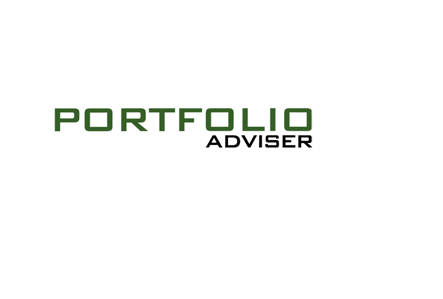The popularity of alternative trusts stems from the stronger ESG focus and the suitability of their structure
By Portfolio Adviser, 14 Oct 21, Jayna Rana QuotedData
The growth of investment companies targeting alternative assets is one of the biggest trends the industry has experienced for almost two decades.. At 31 August 2021, some two-fifths (39%) of investment trusts – excluding VCTs – had alternative mandates. That represented £98bn worth of assets – up from £30bn in August 2010.
In the past five years alone, 37 alternative investment companies have launched out of a total of 60 IPOs across the sector – and even year-to-date there have been nine new issues, six of which offer alternative mandates from infrastructure to leasing. There are also a further three currently at the pre-IPO stage: Foresight Sustainable Forestry, Harmony Energy Income and Pantheon Infrastructure.
The popularity of such products is the result of a combination of factors, including the hunt for income, the need for diversification and, more recently, a stronger focus on ESG – as seen, for example, in the renewable energy infrastructure sector.
Arguably the biggest reason, though, for the increase in these mandates in the investment trust world in particular is because the closed-ended structure is seen as a more suitable vehicle for alternative asset classes. This is because illiquid investments, such as property and private equity, cannot be sold at short notice. If held in an open-ended fund, therefore, there is greater risk for shareholders if a sell-off is triggered as there is a liquidity mismatch.
In 2016, for example, after the UK voted to leave the European Union, almost every open-ended property fund was forced to suspend trading. Panic about the viability of UK commercial property shot through the market, leading anxious investors to rush to withdraw their money…
Closed-ended funds on the other hand do not have to worry about daily inflows and outflows, and their stock exchange listing means investors can buy and sell shares whenever the market is open, without the risk of suspensions. This means investors can sell shares without the trust literally having to sell a building to meet the liquidity, as is the case in open-ended funds.
Read more here
